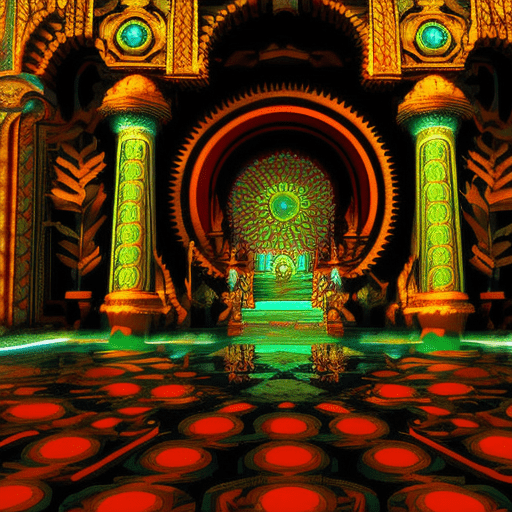The Unconsoled: A Surreal Journey through the Mind
In Kazuo Ishiguro’s novel, The Unconsoled, we embark on a surreal journey through the mind of the protagonist, Ryder, as he navigates a mysterious and disorienting world. With themes of memory, identity, and the human condition, Ishiguro crafts a captivating narrative that challenges our perception of reality.
A Dreamlike Setting: A City of Endless Mazes
Set in an unnamed European city, The Unconsoled presents a dreamlike setting where time and space become fluid. Ryder, a renowned pianist, arrives in the city to perform a concert, but finds himself caught in a series of perplexing situations. The city is a labyrinth of interconnected buildings, corridors, and rooms, mirroring the complexity of Ryder’s own mind. As he navigates this maze, he encounters a cast of characters who seem to exist solely to disrupt his plans and confuse his sense of self.
A Fragmented Narrative: Memory and Identity
Ishiguro masterfully weaves a fragmented narrative that mirrors Ryder’s own fragmented memory and identity. As Ryder moves through the city, he encounters people from his past who have conflicting memories of him. The line between reality and imagination blurs, leaving Ryder and the reader uncertain about what is true and what is merely a figment of his imagination. Through this narrative technique, Ishiguro explores the nature of memory and how it shapes our sense of self.
Ryder’s journey becomes a metaphorical exploration of the human condition, as he grapples with the weight of expectations, the fear of failure, and the desire for connection. The Unconsoled delves into the universal themes of loneliness, alienation, and the struggle to find meaning in a chaotic world.
The Burden of Expectations: The Pressure to Perform
One of the central themes in The Unconsoled is the burden of expectations. As a renowned pianist, Ryder is constantly under pressure to perform at the highest level. The weight of these expectations becomes a heavy burden, affecting his ability to navigate the city and connect with the people around him. Ishiguro explores the toll that societal expectations can have on an individual’s mental and emotional well-being.
The Elusive Search for Meaning and Connection
Throughout the novel, Ryder searches for meaning and connection in a world that seems determined to thwart his efforts. He longs for a sense of belonging, but finds himself constantly adrift in a sea of confusion and uncertainty. Ishiguro highlights the human desire for connection and the profound impact that isolation can have on an individual’s psyche.
Key Takeaways:
- The Unconsoled is a surreal and disorienting novel that explores themes of memory, identity, and the human condition.
- The fragmented narrative mirrors Ryder’s fragmented memory and identity, blurring the line between reality and imagination.
- The burden of expectations and the search for meaning and connection are central themes in the novel.
“I was aware that time’s passage was not as I had always understood it, that it was not a simple matter of consecutive moments following one another, but that it was a fluid thing, with a shape of its own.”
In The Unconsoled, Kazuo Ishiguro takes readers on a mesmerizing journey through the labyrinthine corridors of the mind. Through Ryder’s experiences, we are confronted with the complexities of memory, the weight of societal expectations, and the universal longing for connection. As we navigate the surreal landscape of the novel, we are reminded of the fluid nature of time and the fragile nature of our own identities. The Unconsoled is a thought-provoking exploration of the human condition that will leave readers questioning the boundaries of reality and the power of the mind.












